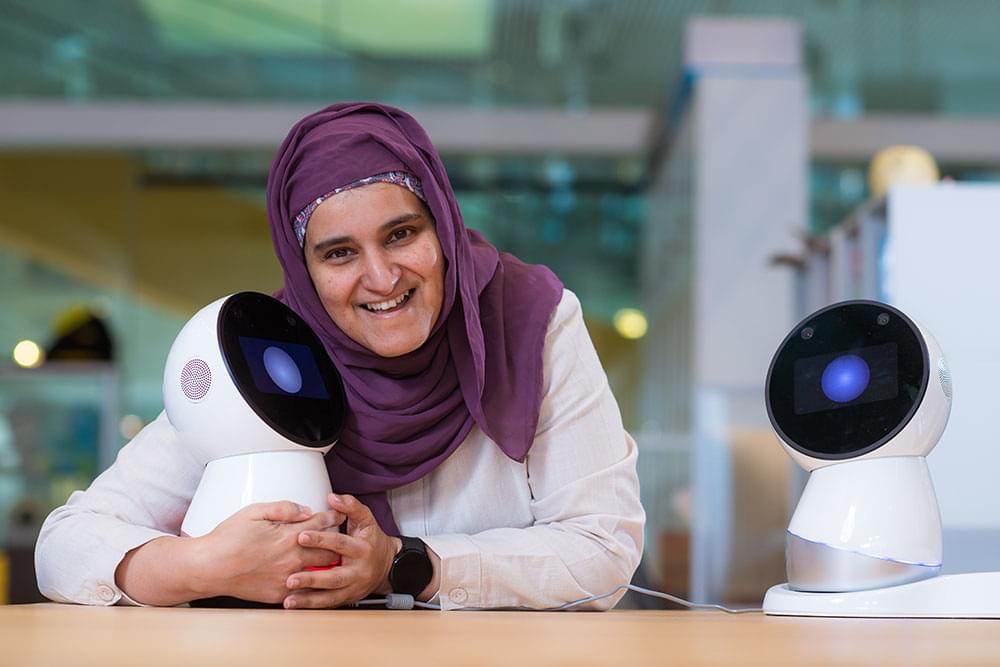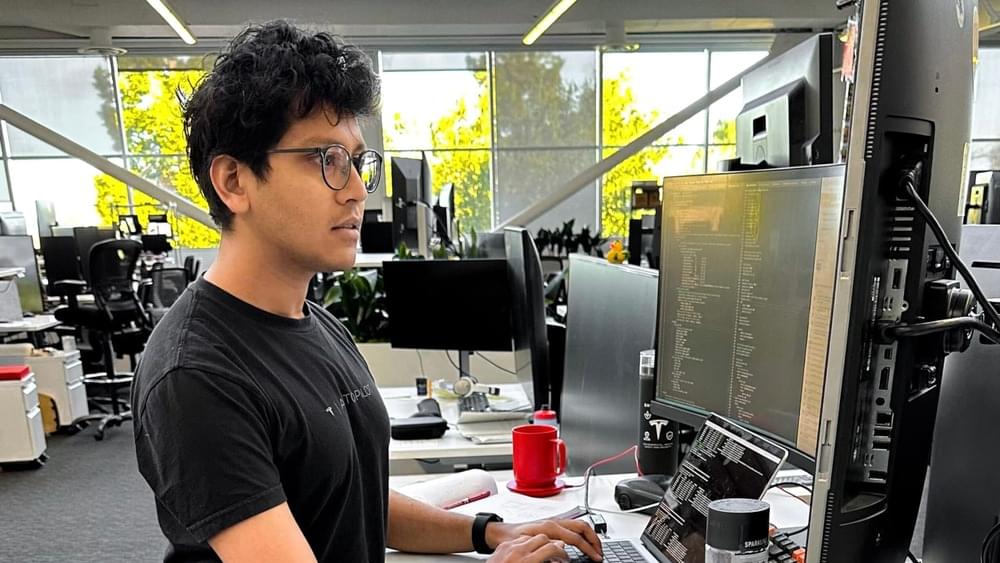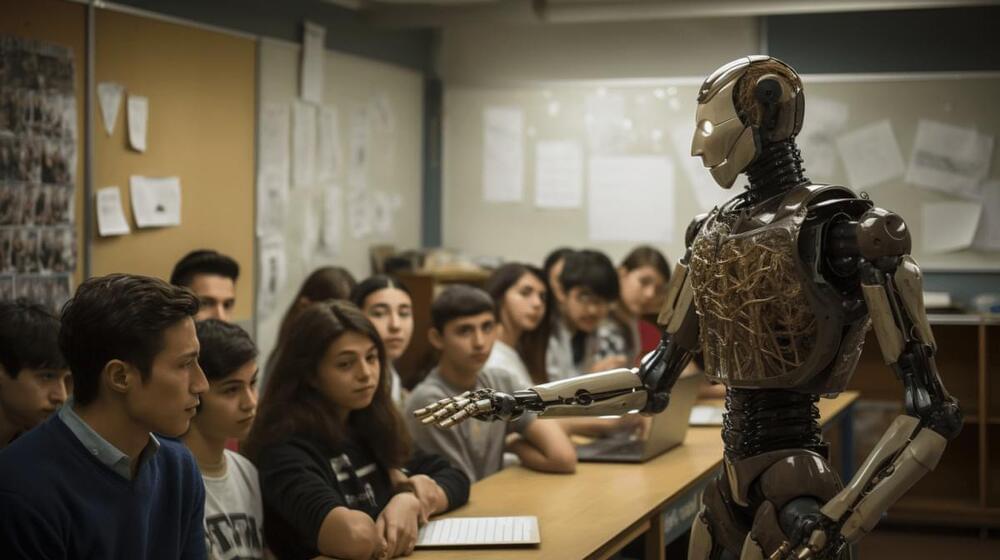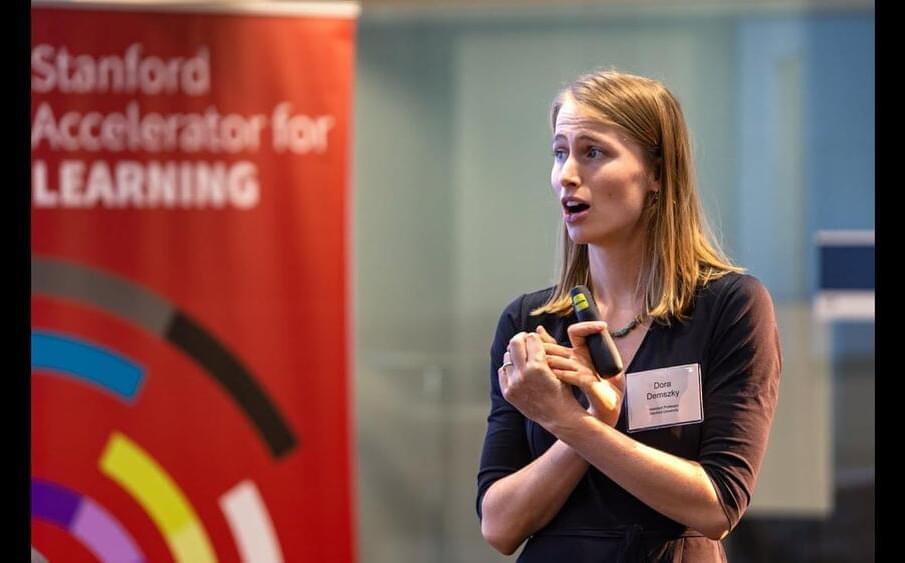
“As a child, I wished for a robot that would explain others’ emotions to me” says Sharifa Alghowinem, a research scientist in the Media Lab’s Personal Robots Group (PRG). Growing up in Saudi Arabia, Alghowinem says she dreamed of coming to MIT one day to develop Arabic-based technologies, and of creating a robot that could help herself and others navigate a complex world.
In her early life, Alghowinem faced difficulties with understanding social cues and never scored well on standardized tests, but her dreams carried her through. She earned an undergraduate degree in computing before leaving home to pursue graduate education in Australia. At the Australian National University, she discovered affective computing for the first time and began working to help AI detect human emotions and moods, but it wasn’t until she came to MIT as a postdoc with the Ibn Khaldun Fellowship for Saudi Arabian Women, which is housed in the MIT Department of Mechanical Engineering, that she was finally able to work on a technology with the potential to explain others’ emotions in English and Arabic. Today, she says her work is so fun that she calls the lab “my playground.”
Alghowinem can’t say no to an exciting project. She found one with great potential to make robots more helpful to people by working with Jibo, a friendly robot companion developed by the founder of the Personal Robots Group (PRG) and the social robot startup Jibo Inc., MIT Professor and Dean for Digital Learning Cynthia Breazeal’s research explores the potential for companion robots to go far beyond assistants who obey transactional commands, like requests for the daily weather, adding items to shopping lists, or controlling lighting. At the MIT Media Lab, the PRG team designs Jibo to make him an insightful coach and companion to advance social robotics technologies and research. Visitors to the MIT Museum can experience Jibo’s charming personality.


















